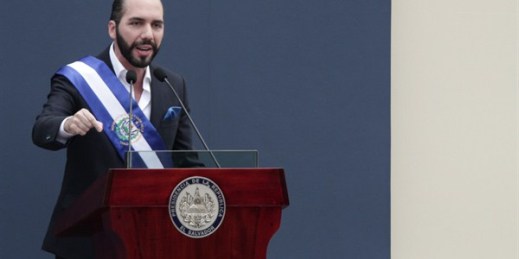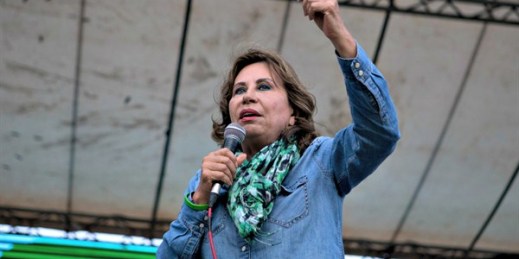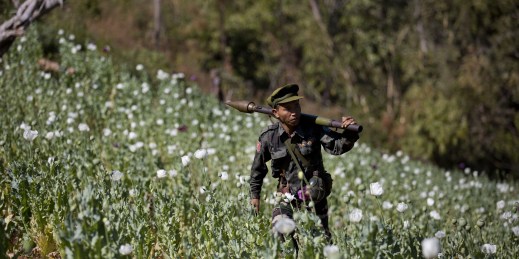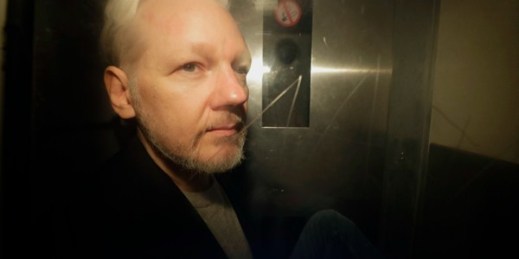
“CICIES! CICIES!” the crowds chanted at the inauguration of El Salvador’s new president, Nayib Bukele, on June 1. Salvadorans had a message for the members of the Legislative Assembly, too, whom they booed. “Give us back what you have stolen!” Implementing “CICIES”—an international commission against impunity in El Salvador—was the key campaign promise that helped the 37-year-old Bukele win the presidency in February. More than half the population believes that Bukele’s administration will fight corruption within the Salvadoran government, according to polls. The name CICIES is directly inspired by its counterpart next door, the International Commission Against Impunity in Guatemala, […]



